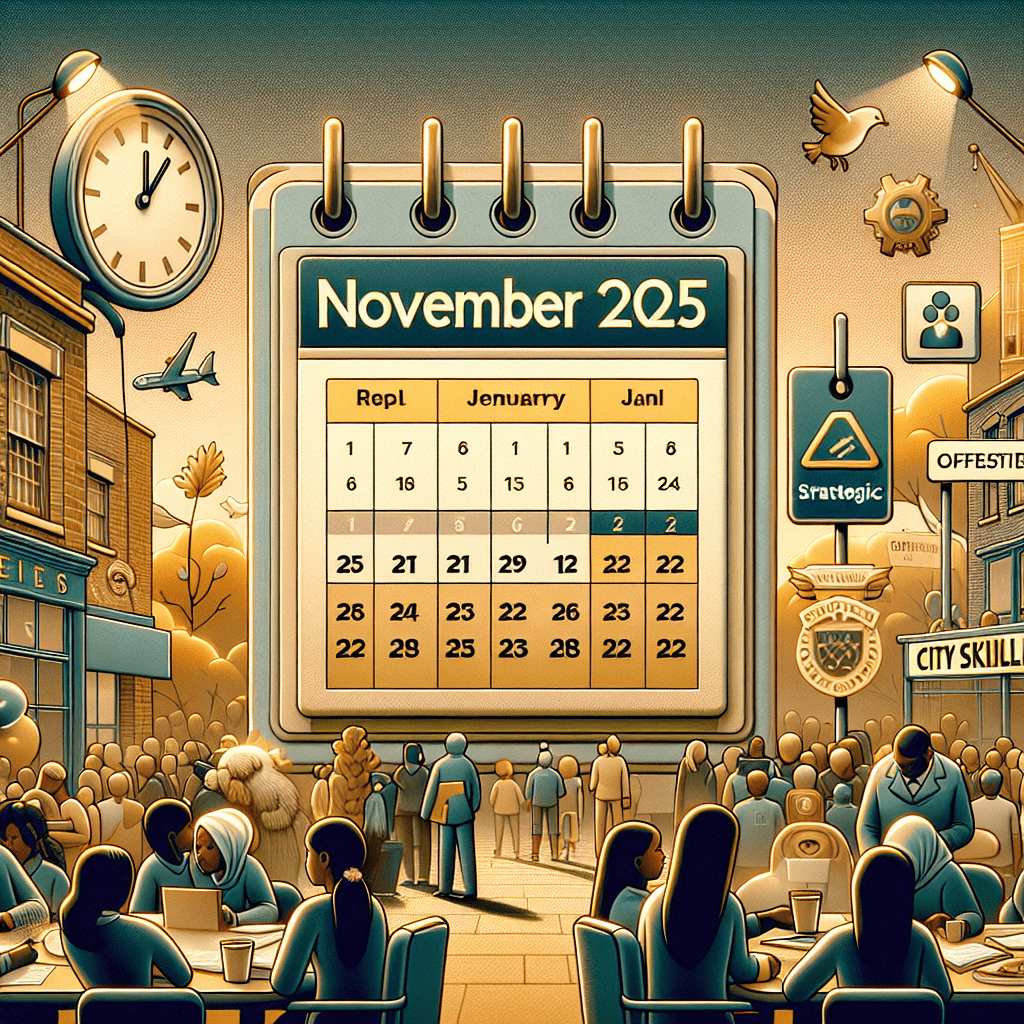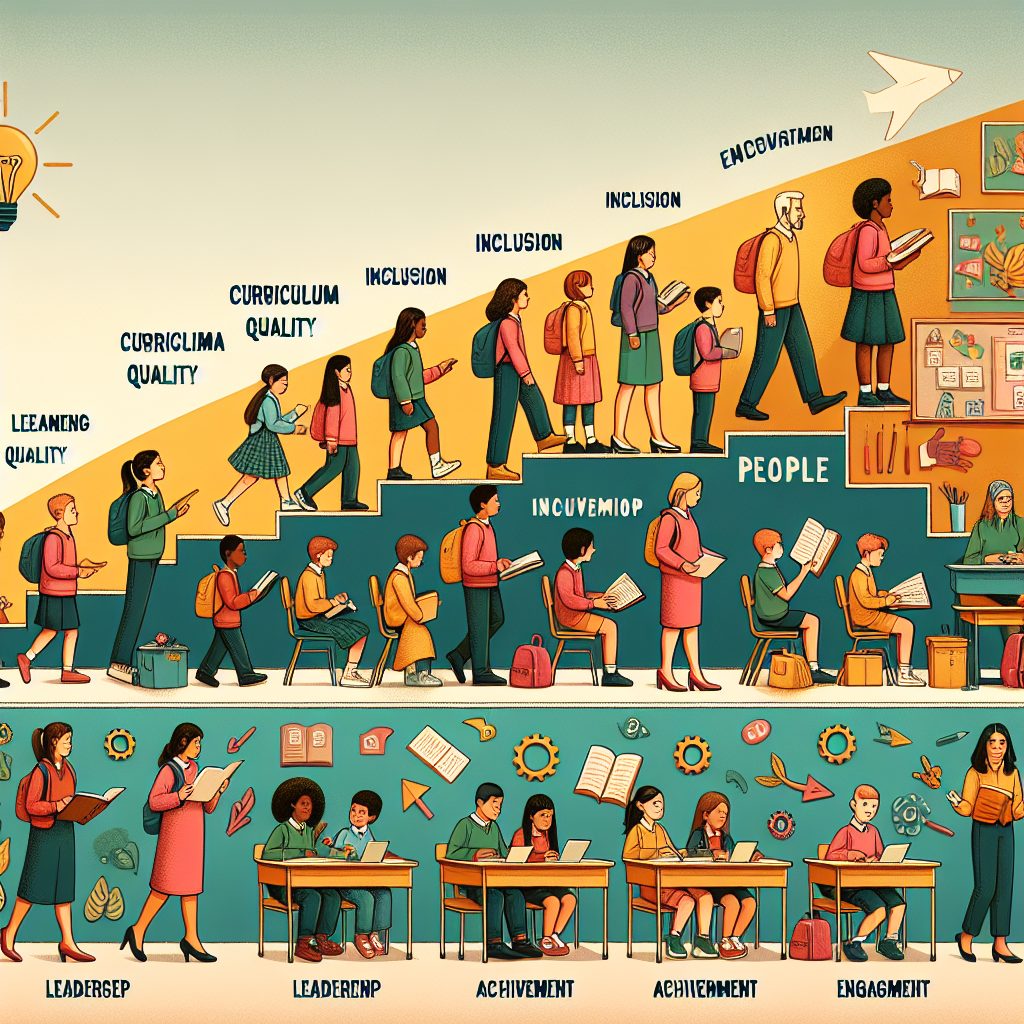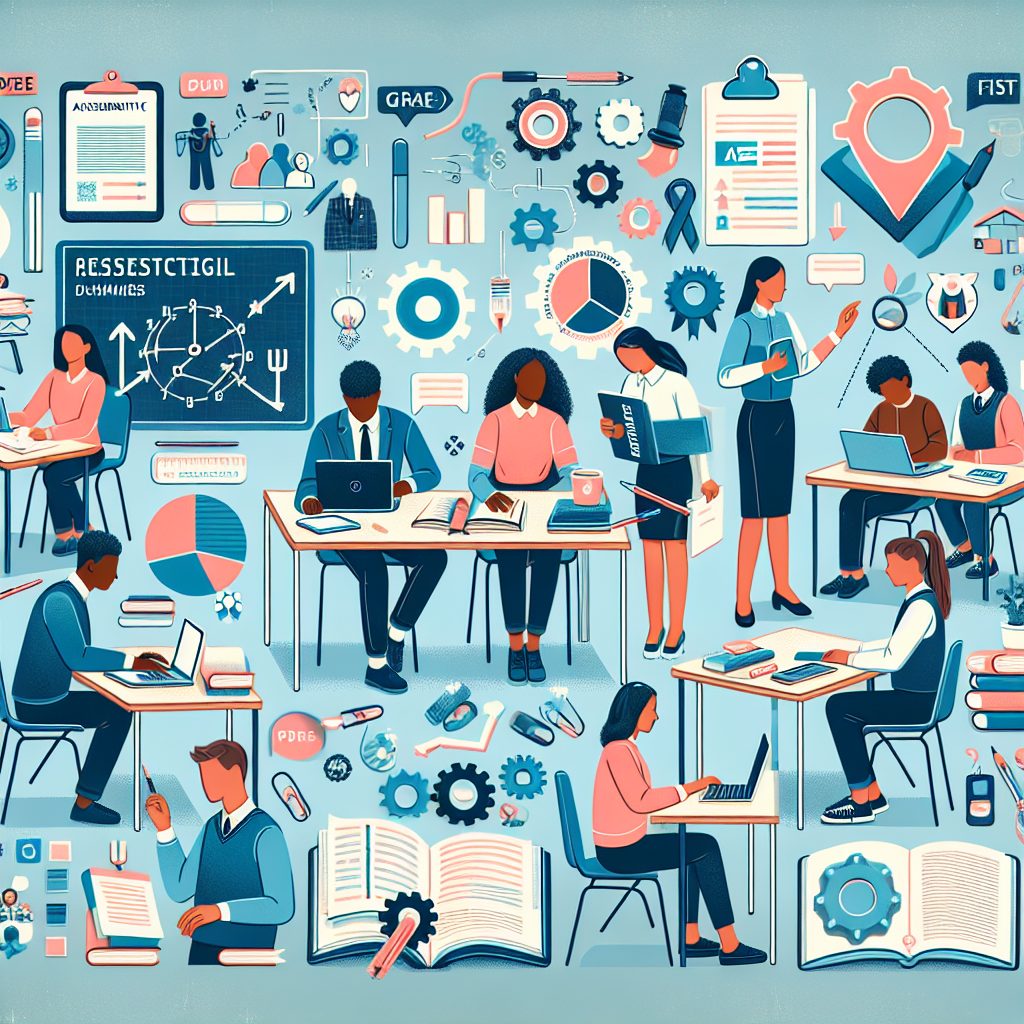
Embracing Inclusion: Navigating the Future of Education with Ofsted’s New Standards

Inclusion is a Game Changer in Education
In a world that’s constantly evolving, the education sector must also adapt. With Ofsted’s latest inspection framework about to roll out, we’re at a crucial tipping point. If there’s one thing we should all take seriously, it’s that inclusion is not just a buzzword; it’s a game changer. Are we ready for what’s coming?
A Shift in Focus: The Ofsted Change
Every few years, Ofsted shifts its focus, and we’ve seen various trends come and go. Curriculum design, learner safety, and the support extended to every child have been hot topics. However, let’s delve deeper into something that often gets overlooked: the shift from a “best fit” model to a “secure fit” model. Come November, Ofsted will employ a new standard that demands much more from education providers.
It’s no longer enough to tick boxes; providers now need to meet all the criteria within a grade. Take the “expected standard” for curriculum, teaching, and training. There are 16 indicators to satisfy. If you miss even one, you don’t just fall short—you drop to “needs attention”. It’s a moment of clarity and pressure, and frankly, I can’t help but find this concerning.
Is this approach constructive? Or are we about to step into a realm of binary outcomes that could undermine the very essence of what education should be about?
Is Binary the Way Forward?
Let’s break it down. This new model feels awfully black-and-white, especially in an environment as varied as further education. Schools, colleges, and training providers are all unique, with different contexts, challenges, and strengths. Yet now, they have to fit into a rigid framework.
Imagine a fantastic educator who dedicates their entire career to supporting students with special needs. Their approach may not hit every indicator perfectly, but does that mean they’re not providing an invaluable service? The danger here is that we might inadvertently marginalise those who make education vibrant and diverse.
The Pressure Cooker Effect
And then there’s the pressure on providers. With all indicators required for a grade, are we setting ourselves up for a stressful environment? I’ve seen first-hand how hard our educators work. They’re the heart of the system, yet asking them to meet a multitude of indicators may be laying a heavy burden on shoulders that are already trying to carry a lot.
This change has the potential to create an environment where everyone is scrambling to meet arbitrary standards rather than focusing on actual learning outcomes. Isn’t the ultimate goal to nurture informed, capable individuals? Sometimes, it seems we might be losing sight of that in our quest for accountability.
Finding the Balance: Accountability vs. Support
While accountability is essential in maintaining educational standards, does this method adequately consider the diverse needs of our educational landscape? We should be fostering collaboration, not competition. The current trajectory risks creating barriers instead of a supportive framework where teamwork thrives.
I have a personal insight to share. Years ago, when I set out to start my own initiatives, I faced a plethora of regulations that demanded strict adherence. At times, I felt like I was merely trying to fit into a mould rather than nurturing the seeds of creativity and innovation. That feeling sticks with me, and I worry some of our educators might feel the same.
What’s Next for Inclusion?
So, what do you think? Is this new model truly going to enhance our education system? Or will it create layers of challenges where cohesion and mutual support ought to flourish? I’d love to hear your thoughts. How can we strike the right balance between accountability and the all-important support our educators and students need?
Inclusion isn’t just an initiative for the moment; it’s about creating a culture within our educational institutions that uplifts everyone involved. Let’s continue the conversation. How can we keep the lines open and ensure that every learner thrives, regardless of their unique journey?
Cheers to a more inclusive future in education!




